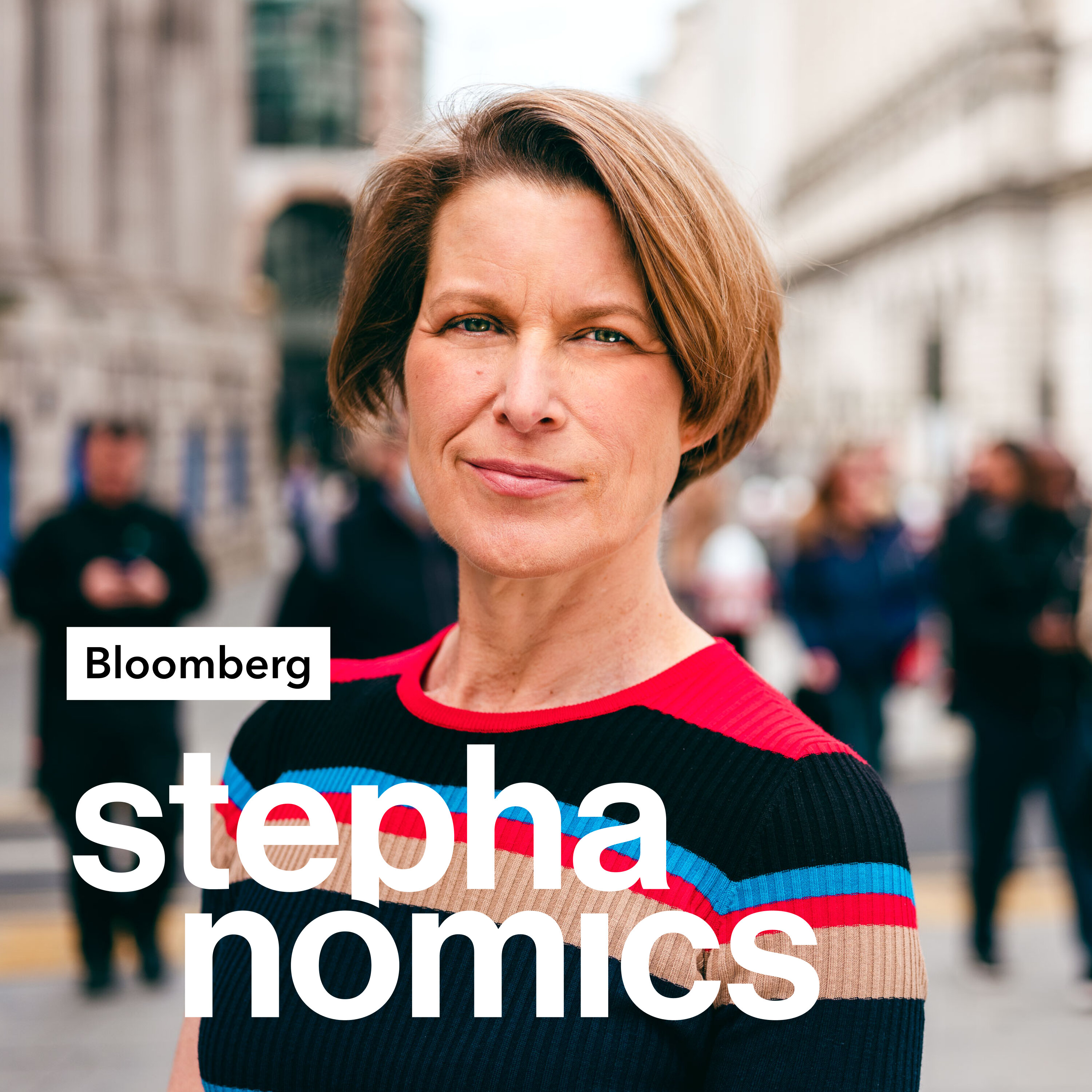Europe Just Might Dodge a Winter of Discontent
Description
Europe might just avoid what had been a widely predicted, Kremlin-induced energy crisis this winter, thanks to a surprisingly large stock of natural gas. But are the continent’s efforts to conserve giving a bah humbug to the holidays? Some of Europe’s best-loved Christmas markets are shutting their holiday lights earlier to save electricity or even banning them outright. Even worse, Frankfurt’s famous market is—perish the thought—forgoing heated toilets.
In this episode we delve into the energy challenges facing Europe as it works to replace natural gas cut off by Russia. First, reporter Bastian Benrath visits with retailers in Frankfurt’s famed Christmas market, where cutbacks to the city’s large holiday light displays threaten to sap some of its magic and give shoppers less reason to turn out. Other cities like Zurich, Berlin and London also have trimmed holiday display hours or reduced their size, and Paris is turning off the lights at the Eiffel Tower an hour early.
What really annoys retailers about this Scrooge-like behavior is that keeping the lights on may expend less energy than powering and heating the markets themselves. As Benrath reports, “in many places, cutting the Christmas lights might actually be more about saving face than actually about saving energy.”
In a follow-up discussion, host Stephanie Flanders talks European energy with Maeva Cousin, Bloomberg’s senior euro-area economist, and Bloomberg Opinion columnist Javier Blas. The continent appears ready to confront the winter without mass shortages of gas, thanks in part to forecasts that were overly pessimistic, reduced demand from China and relatively mild European weather, Cousin says. Still, Blas warns that the continent isn’t out of the woods yet. In the short term, a harsher winter than forecast could still lead to blackouts. In the long term, Europe’s high energy costs could persuade companies to relocate to places with cheaper costs, like Texas.
Finally, reporter Colum Murphy reflects on the protests over China’s “Covid zero” policy. The plight of residents stuck in lockdowns there has come into stark focus. While images of jubilant crowds at World Cup soccer games flicker on TV screens, “at home in China the people are living in strict conditions,” Murphy says. And for President Xi Jinping, the protests are a huge embarrassment, coming “just after receiving the backing of the whole party.”
See omnystudio.com/listener for privacy information.
More Episodes
Welcome to the first episode of Voternomics. On this podcast, Stephanie Flanders, Bloomberg’s head of government and economics coverage, Allegra Stratton, author of Bloomberg’s The Readout newsletter and Bloomberg Opinion columnist Adrian Wooldridge discuss how voters have the opportunity to...
Published 04/26/24
Published 04/26/24
Stephanie is back with a new podcast series.This is the year of elections. Around 40 percent of the world has the chance to vote in 2024. And those votes will shape the geo-economic landscape for years to come.The implications for business and democracy are huge and worth exploring, which is why...
Published 04/22/24


